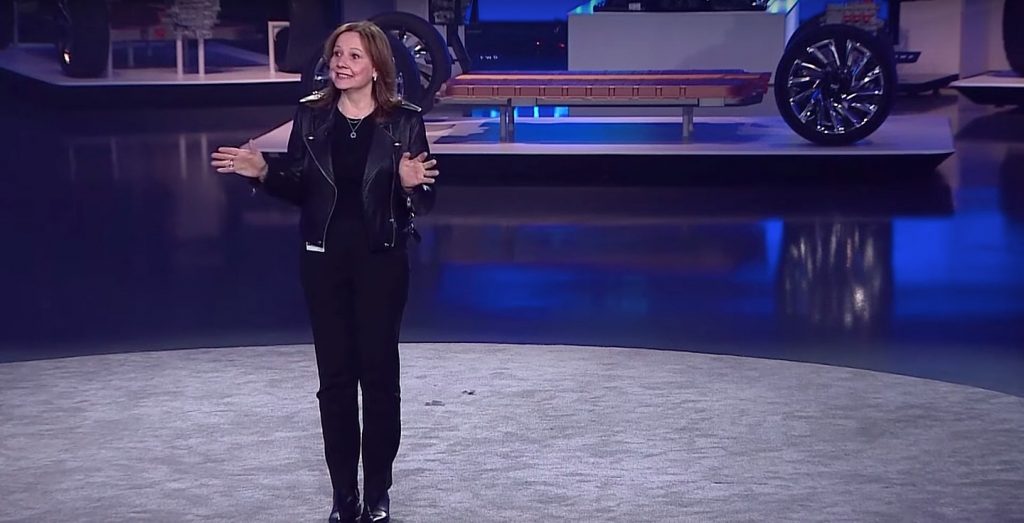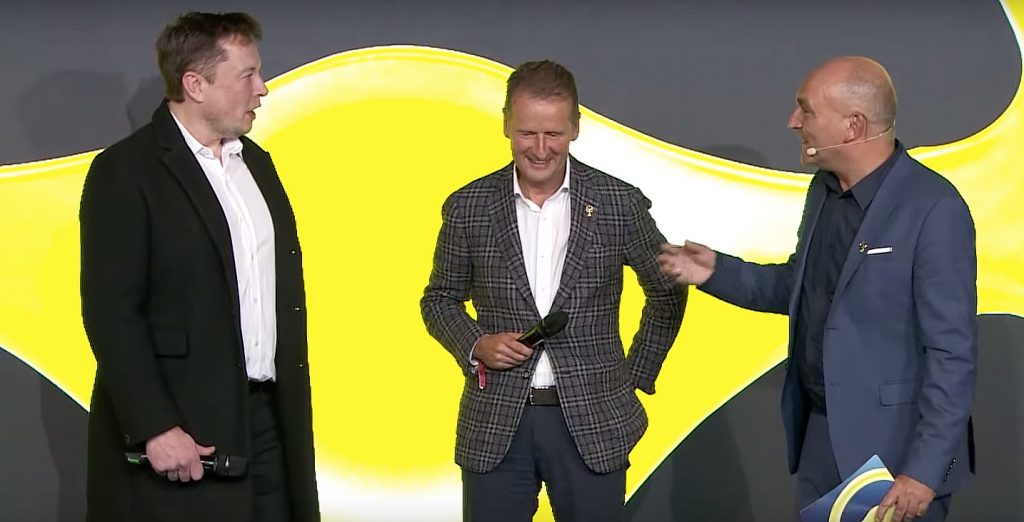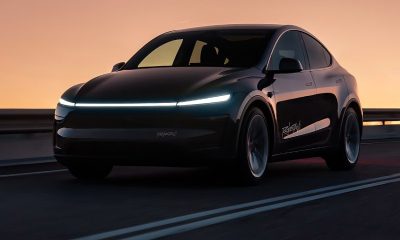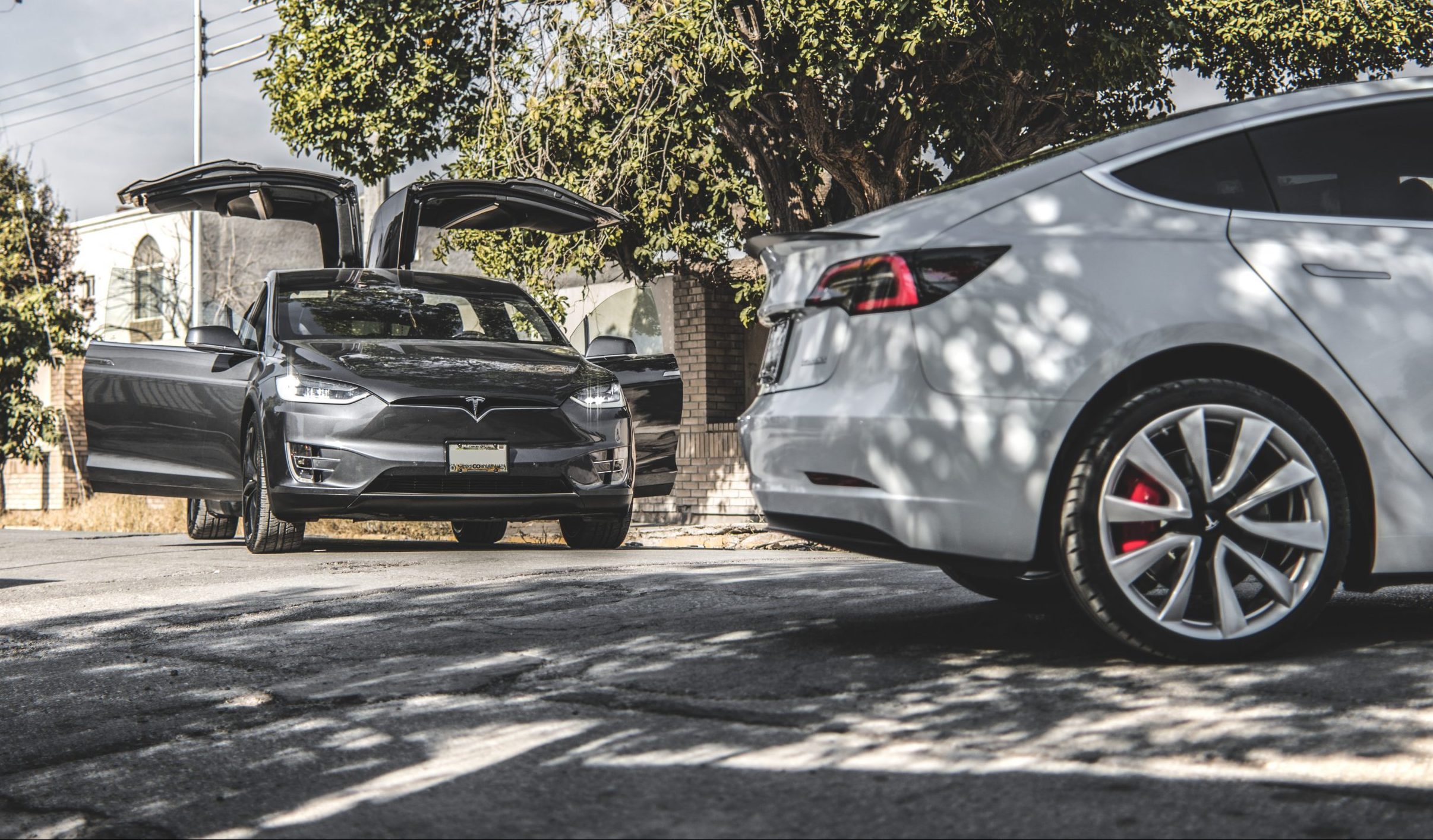A look at recent announcements from legacy automakers would give the idea that the electric car revolution is at hand. GM recently announced a massive $20 billion push for electrification. Volkswagen’s CEO is quite literally putting his career on the line to make a mass-market electric car, and Porsche has given one of its most historic sites an “open-heart surgery” just to make an all-electric sports car. Across the board, the “Tesla Effect” seems alive and well, with automaker after automaker announcing their support for electric vehicles.
Yet for all these statements and promises, the EV revolution, at least in the US, does not seem to be going as fast as it could be. In fact, it appears that for many US auto dealerships, it would be better if the transition to electric vehicles happens far into the future, or better yet, never. This was according to a brief trip by Chevy Bolt owner and CNET founding member Brooke Crothers, who recently got a sobering look at the sheer apathy among US auto dealerships when it comes to EVs.
Amidst legacy auto’s accelerating electric car programs, Crothers opted to visit one of the largest auto malls in the United States, located at Cerritos, CA. The Golden State is considered the center of America’s electric car movement, being the home of Tesla and one of the country’s strictest emissions programs. Thus, it would only make sense if the electric car revolution is evident in the state’s car dealers. Unfortunately for the tech veteran, he soon learned that this was not the case.

Crothers visited numerous automakers, starting with GM, which currently sells the Bolt EV, an electric car that is pretty comparable to the Model 3 Standard Range Plus in terms of range. The GM dealership did not have a single Bolt available on the lot. Instead, the only thing that potential car buyers could find are gas guzzlers like Silverado trucks, cars like the Corvette and Camaro, and large SUVs like the Suburban. This is quite disappointing considering that GM actually has a history of being a first mover in sustainable transport, with cars like the EV1 and the Volt under its belt.
Volkswagen’s dealer was no better. The German automaker is in the middle of a massive electric car program, one that CEO Herbert Diess considers as his personal project. Crothers stated that the VW dealer he visited only had the e-Golf available, which is an electric car from the bygone era of compliance vehicles. It remains to be seen if the company’s EV initiative in Germany will spill over to the US, but for now, Volkswagen’s electric car program in the United States seems substandard at best.
Acura seems to be among the worst, with a salesperson telling Crothers that there is no future in electric vehicles. Gas will rule, the automaker’s representative said, and the only viable way for sustainable transport are fuel cell hybrids. The dealership also stated that they only sold “a couple” of hybrid MDX vehicles in the past 12 months. “There’s no demand,” an Acura salesperson said.

Some legacy automakers did show some degree of the “Tesla Effect,” with Nissan, Honda, Hyundai, and Audi having some electric vehicles in their lot. Nissan actually had a Leaf available, and Honda had several Clarity models in its showroom window. Hyundai was even better with staff being ready to answer questions about the Kona EV and the Ioniq (though both vehicles were in the dealer’s back lot). The same was true for Audi, whose staff seemed knowledgable and enthusiastic about the e-tron.
The “Tesla Effect” is a series of initiatives from numerous industries that follow one theme: The end of the oil age and the beginning of the electric era. This effect has taken hold in the auto sector, as young carmaker Tesla ended up disrupting several industries with vehicles like the Model 3. The “Tesla Effect” is only bound to get more prominent too, amidst the company’s focus on residential solar and battery storage, as well as the release of potentially high-margin vehicles like the Model Y and the Cybertruck.
Across the auto industry, the “Tesla Effect” could be seen, with practically every automaker in the industry seemingly going all-in on their respective electric car programs. All-electric newcomers with a lot of potential are poised to enter the market as well, led by independent companies like Rivian and Bollinger, and sub-brands such as Polestar. Overall, legacy automakers seem ready to embrace electrification. They just need to persuade their dealers to put effort into selling their EVs.
News
Tesla UK sales see 14% year-over-year rebound in June: SMMT data
The SMMT stated that Tesla sales grew 14% year-over-year to 7,719 units in June 2025.

Tesla’s sales in the United Kingdom rose in June, climbing 14% year-over-year to 7,719 units, as per data from the Society of Motor Manufacturers and Traders (SMMT). The spike in the company’s sales coincided with the first deliveries of the updated Model Y last month.
Model Y deliveries support Tesla’s UK recovery
Tesla’s June performance marked one of its strongest months in the UK so far this year, with new Model Y deliveries contributing significantly to the company’s momentum.
While the SMMT listed Tesla with 7,719 deliveries in June, independent data from New AutoMotive suggested that the electric vehicle maker registered 7,891 units during the month instead. However, year-to-date figures for Tesla remain 2% down compared to 2024, as per a report from Reuters.
While Tesla made a strong showing in June, rivals are also growing. Chinese automaker BYD saw UK sales rise nearly fourfold to 2,498 units, while Ford posted the highest EV growth among major automakers, with a more than fourfold increase in the first half of 2025.
Overall, the UK’s battery electric vehicle (BEV) demand surged 39% to to 47,354 units last month, helping push total new car sales in the UK to 191,316 units, up 6.7% from the same period in 2024.
EV adoption accelerates, but concerns linger
June marked the best month for UK car sales since 2019, though the SMMT cautioned that growth in the electric vehicle sector remains heavily dependent on discounting and support programs. Still, one in four new vehicle buyers in June chose a battery electric vehicle.
SMMT Chief Executive Mike Hawes noted that despite strong BEV demand, sales levels are still below regulatory targets. “Further growth in sales, and the sector will rely on increased and improved charging facilities to boost mainstream electric vehicle adoption,” Hawes stated.
Also taking effect this week was a new US-UK trade deal, which lowers tariffs on UK car exports to the United States from 27.5% to 10%. The agreement could benefit UK-based EV producers aiming to expand across the country.
News
Tesla Model 3 ranks as the safest new car in Europe for 2025, per Euro NCAP tests
Despite being on the market longer than many of its rivals, the Tesla Model 3 continues to set the bar for vehicle safety.

The Tesla Model 3 has been named the safest new car on sale in 2025, according to the latest results from the Euro NCAP. Among 20 newly tested vehicles, the Model 3 emerged at the top of the list, scoring an impressive 359 out of 400 possible points across all major safety categories.
Tesla Model 3’s safety systems
Despite being on the market longer than many of its rivals, the Tesla Model 3 continues to set the bar for vehicle safety. Under Euro NCAP’s stricter 2025 testing protocols, the electric sedan earned 90% for adult occupant protection, 93% for child occupant protection, 89% for pedestrian protection, and 87% for its Safety Assist systems.
The updated Model 3 received particular praise for its advanced driver assistance features, including Tesla’s autonomous emergency braking (AEB) system, which performed well across various test scenarios. Its Intelligent Speed Assistance and child presence detection system were cited as noteworthy features as well, as per a WhatCar report.
Other notable safety features include the Model 3’s pedestrian-friendly pop-up hood and robust crash protection for both front and side collisions. Euro NCAP also highlighted the Model 3’s ability to detect vulnerable road users during complex maneuvers, such as turning across oncoming traffic.
Euro NCAP’s Autopilot caution
While the Model 3’s safety scores were impressive across the board, Euro NCAP did raise concerns about driver expectations of Tesla’s Autopilot system. The organization warned that some owners may overestimate the system’s capabilities, potentially leading to misuse or inattention behind the wheel. Even so, the Model 3 remained the highest-scoring vehicle tested under Euro NCAP’s updated criteria this year.
The Euro NCAP’s concerns are also quite interesting because Tesla’s Full Self-Driving (FSD) Supervised, which is arguably the company’s most robust safety suite, is not allowed for public rollout in Europe yet. FSD Supervised would allow the Model 3 to navigate inner city streets with only minimal human supervision.
Other top scorers included the Volkswagen ID.7, Polestar 3, and Geely EX5, but none matched the Model 3’s total score or consistency across categories. A total of 14 out of 20 newly tested cars earned five stars, while several models, including the Kia EV3, MG ZS, and Renault 5, fell short of the top rating.
Elon Musk
Why Tesla’s Q3 could be one of its biggest quarters in history
Tesla could stand to benefit from the removal of the $7,500 EV tax credit at the end of Q3.

Tesla has gotten off to a slow start in 2025, as the first half of the year has not been one to remember from a delivery perspective.
However, Q3 could end up being one of the best the company has had in history, with the United States potentially being a major contributor to what might reverse a slow start to the year.
Earlier today, the United States’ House of Representatives officially passed President Trump’s “Big Beautiful Bill,” after it made its way through the Senate earlier this week. The bill will head to President Trump, as he looks to sign it before his July 4 deadline.
The Bill will effectively bring closure to the $7,500 EV tax credit, which will end on September 30, 2025. This means, over the next three months in the United States, those who are looking to buy an EV will have their last chance to take advantage of the credit. EVs will then be, for most people, $7,500 more expensive, in essence.
The tax credit is available to any single filer who makes under $150,000 per year, $225,000 a year to a head of household, and $300,000 to couples filing jointly.
Ending the tax credit was expected with the Trump administration, as his policies have leaned significantly toward reliance on fossil fuels, ending what he calls an “EV mandate.” He has used this phrase several times in disagreements with Tesla CEO Elon Musk.
Nevertheless, those who have been on the fence about buying a Tesla, or any EV, for that matter, will have some decisions to make in the next three months. While all companies will stand to benefit from this time crunch, Tesla could be the true winner because of its sheer volume.
If things are done correctly, meaning if Tesla can also offer incentives like 0% APR, special pricing on leasing or financing, or other advantages (like free Red, White, and Blue for a short period of time in celebration of Independence Day), it could see some real volume in sales this quarter.
You can now buy a Tesla in Red, White, and Blue for free until July 14 https://t.co/iAwhaRFOH0
— TESLARATI (@Teslarati) July 3, 2025
Tesla is just a shade under 721,000 deliveries for the year, so it’s on pace for roughly 1.4 million for 2025. This would be a decrease from the 1.8 million cars it delivered in each of the last two years. Traditionally, the second half of the year has produced Tesla’s strongest quarters. Its top three quarters in terms of deliveries are Q4 2024 with 495,570 vehicles, Q4 2023 with 484,507 vehicles, and Q3 2024 with 462,890 vehicles.
-

 Elon Musk5 days ago
Elon Musk5 days agoTesla investors will be shocked by Jim Cramer’s latest assessment
-

 News1 week ago
News1 week agoTesla Robotaxi’s biggest challenge seems to be this one thing
-

 Elon Musk2 weeks ago
Elon Musk2 weeks agoFirst Look at Tesla’s Robotaxi App: features, design, and more
-

 News2 weeks ago
News2 weeks agoWatch Tesla’s first driverless public Robotaxi rides in Texas
-

 News2 weeks ago
News2 weeks agoWatch the first true Tesla Robotaxi intervention by safety monitor
-

 Elon Musk2 weeks ago
Elon Musk2 weeks agoTesla to launch in India in July with vehicles already arriving: report
-

 Elon Musk2 weeks ago
Elon Musk2 weeks agoTesla officially launches Robotaxi service with no driver
-

 Elon Musk1 week ago
Elon Musk1 week agoA Tesla just delivered itself to a customer autonomously, Elon Musk confirms


















